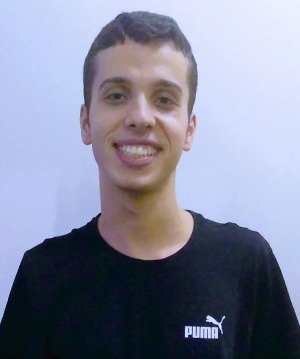
My participation in the group is as a Scientific Initiation student in the field of cardiology electrophysiology, cardiac signals processing and cardiac arrhythmias, specifically Atrial Fibrillation (AF). Due to the complexity of atrial fibrillation (AF) and the high sensitivity to errors by current commercial systems, making it difficult to characterize and locate arrhythmogenic sources for certain groups of patients with AF, it is important to develop research aimed at customizing techniques for AF, in special non-invasive diagnostic methods minimizing risks to patients. The objective of my project is to validate a customized method of estimating and mapping the electrical potentials in the atria from the torso signals and the 3D geometries of the atria and torso through the Inverse Problem of Electrocardiography. Realistic computational models of AF and patients with AF are used.
Therefore, validating a method of estimating the signals in the atria during AF from the torso signals and three-dimensional (3D) geometries of the torso and atria would contribute to highlight the importance of noninvasive methods for diffusion in the clinic. Invasive commercial systems could, in the future, use this idea and project the signals on the heart from the torso signals, for training clinicians and encouraging the use of non-invasive methods.
Hobbies: Sports, movies, series and traveling.
Education: Undergraduate student at Federal University of ABC (UFABC) of Bachelor in Science and Technology and Biomedical Engineering.
Scholarship: Scientific Initiation at São Paulo Research Foundation (FAPESP).